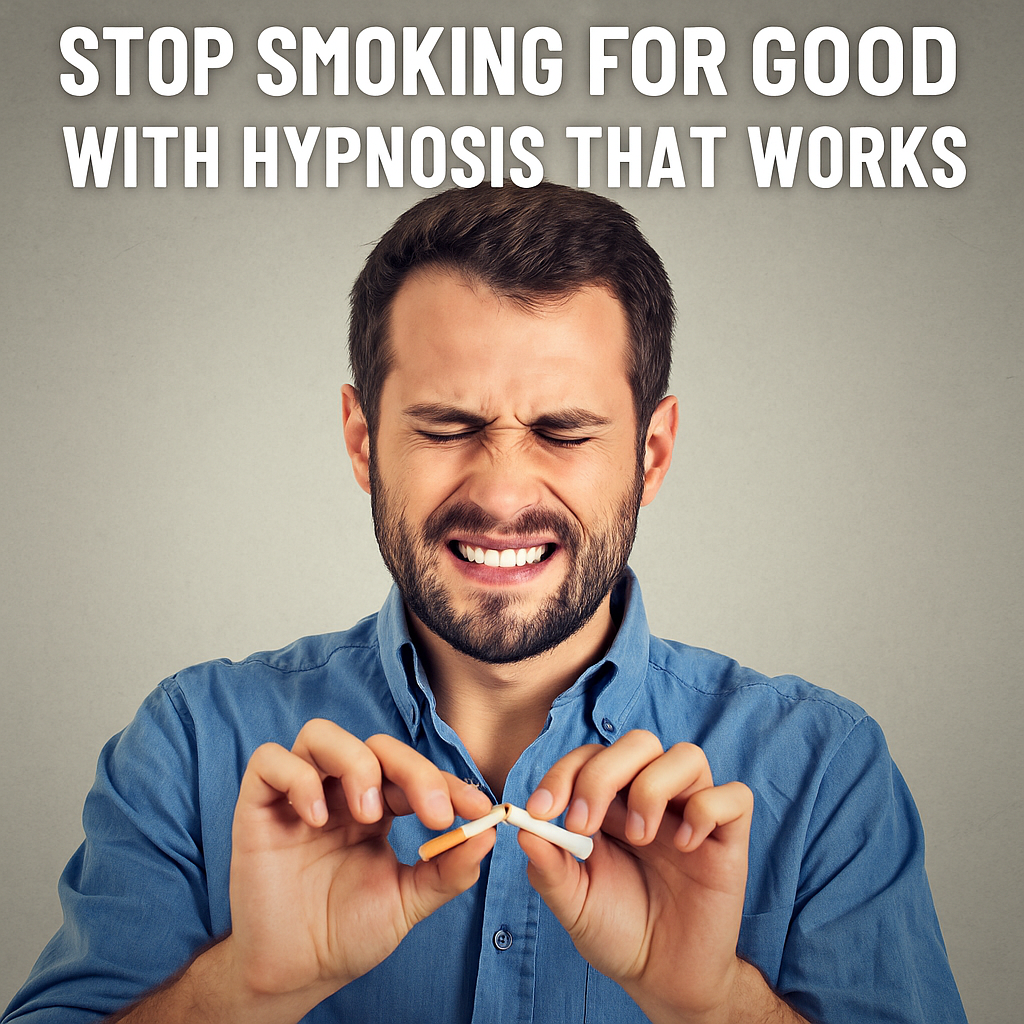The Path to Becoming a Certified Hypnotherapist: Your Guide to Understanding Anxiety and Hypnotherapy Certification
Are you passionate about helping others overcome anxiety and reclaim their lives? Have you considered pursuing a career in hypnotherapy to make a positive impact on mental health? In this comprehensive guide, we’ll explore the fascinating intersection of anxiety and hypnotherapy certification, providing valuable insights and practical advice for aspiring hypnotherapists. From understanding the complexities of anxiety to embarking on the journey toward hypnotherapy certification, let’s navigate this transformative path together.
Anxiety is a common mental health condition characterized by persistent feelings of worry, fear, and apprehension. It can manifest in various forms, including generalized anxiety disorder (GAD), social anxiety disorder, panic disorder, and phobias. Individuals experiencing anxiety may encounter physical symptoms such as rapid heartbeat, shortness of breath, muscle tension, and digestive issues, as well as psychological symptoms like excessive worry, irritability, and difficulty concentrating.
Anxiety can have a profound impact on all aspects of life, affecting relationships, work performance, and overall well-being. Left unaddressed, chronic anxiety can lead to significant impairment and reduce quality of life. That’s why it’s crucial to explore effective treatment options for managing anxiety and promoting mental wellness.
Enter Hypnotherapy.

Hypnotherapy is a powerful therapeutic technique that harnesses the power of hypnosis to promote relaxation, enhance self-awareness, and facilitate positive behavioral change. By guiding individuals into a state of deep relaxation, hypnotherapy enables access to the subconscious mind, where deeply rooted beliefs and patterns can be explored and transformed. Hypnotherapy can be particularly effective in treating anxiety by addressing underlying triggers and promoting relaxation responses.
Embarking on the path to becoming a certified hypnotherapist requires dedication, training, and a genuine passion for helping others. While specific requirements may vary depending on your location and chosen certification program, common steps toward hypnotherapy certification include:
- Education: Seek out reputable hypnotherapy training programs accredited by recognized organizations such as the American Council of Hypnotist Examiners (ACHE) or the National Guild of Hypnotists (NGH). These programs typically include coursework in hypnosis theory, induction techniques, therapeutic applications, and ethical guidelines.
- Practical Training: Hands-on experience is essential for honing your hypnotherapy skills and gaining confidence in working with clients. Look for training programs that offer supervised practice sessions, case studies, and opportunities for mentorship with experienced hypnotherapists.
- Certification: Upon completion of your hypnotherapy training program, you may be eligible to pursue certification through professional organizations such as the ACHE or NGH. Certification demonstrates your competency and commitment to ethical practice, enhancing your credibility as a hypnotherapist.
- Continuing Education: The field of hypnotherapy is continually evolving, with new research and techniques emerging over time. Stay informed and engaged by participating in continuing education courses, workshops, and conferences to expand your knowledge and skill set as a hypnotherapist.
As a certified hypnotherapist, you’ll have the opportunity to make a meaningful difference in the lives of individuals struggling with anxiety. Hypnotherapy techniques can be tailored to address specific anxiety symptoms and underlying issues, such as:
- Relaxation and Stress Reduction: Guided relaxation techniques can help individuals experiencing anxiety learn to activate the body’s relaxation response, counteracting the physiological effects of stress and promoting a sense of calm.
- Cognitive Restructuring: Hypnotherapy can facilitate cognitive restructuring, helping individuals identify and challenge negative thought patterns and beliefs that contribute to anxiety.
- Exposure Therapy: Through hypnotic visualization and desensitization techniques, hypnotherapy can support individuals in gradually confronting and overcoming specific fears and phobias.
- Self-Empowerment: Hypnotherapy empowers individuals to tap into their inner resources and cultivate feelings of confidence, self-esteem, and resilience, enabling them to cope more effectively with anxiety triggers and stressors.
Becoming a certified hypnotherapist offers a rewarding opportunity to help others overcome anxiety and transform their lives. By combining a deep understanding of anxiety with specialized training in hypnotherapy techniques, you can provide compassionate and effective support to those in need. Whether you’re just beginning your journey toward hypnotherapy certification or seeking to expand your existing skills, remember that every step you take brings you closer to making a positive impact on mental health and well-being.
To learn more about the One Belief Away Hypnosis Certification, please visit
www.obahypnosis.com
Hypnosis Certification, please visit
www.obahypnosis.com



